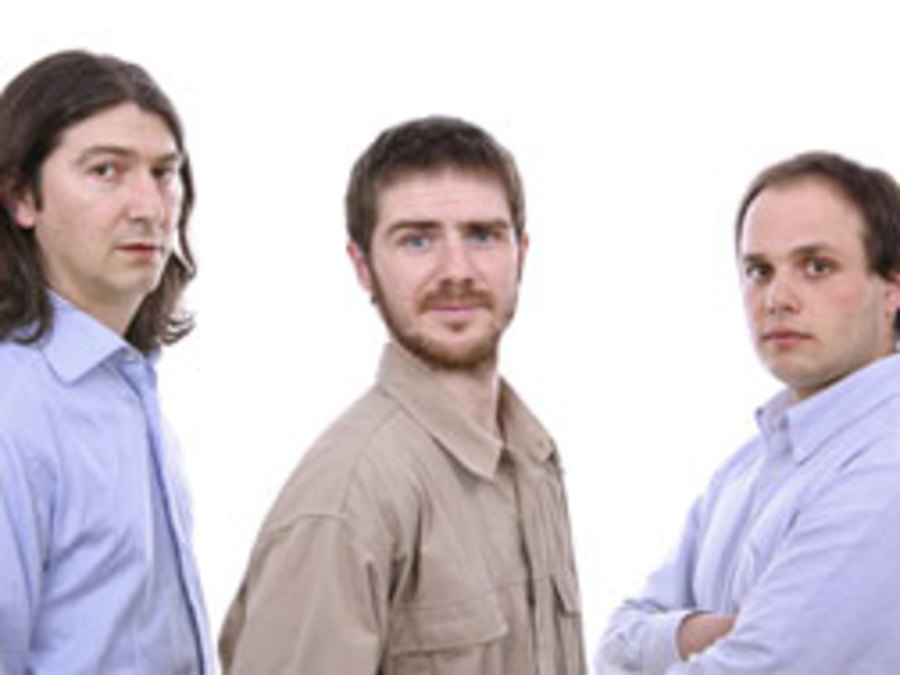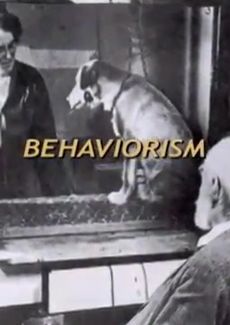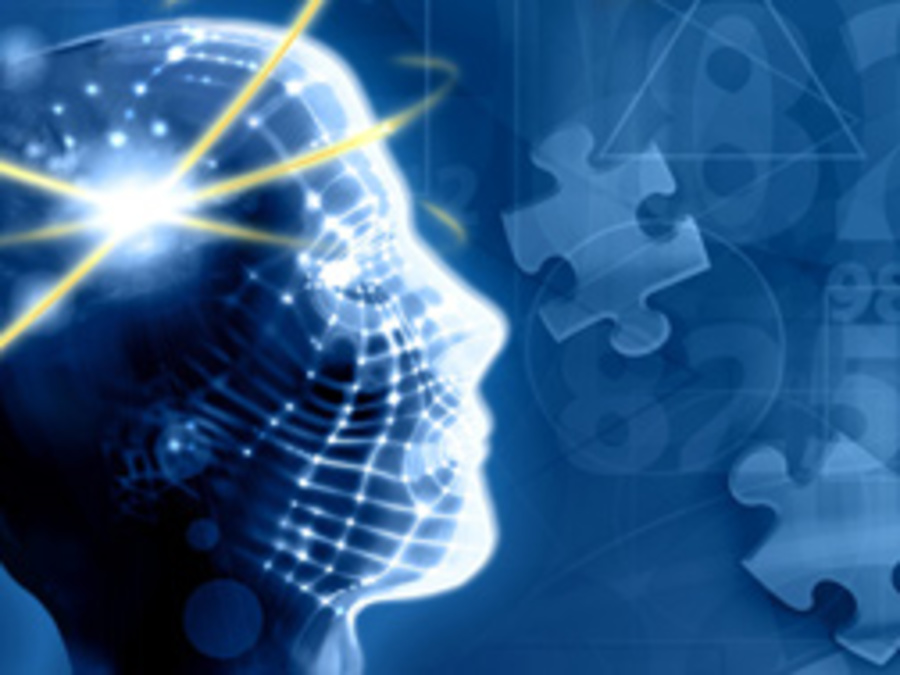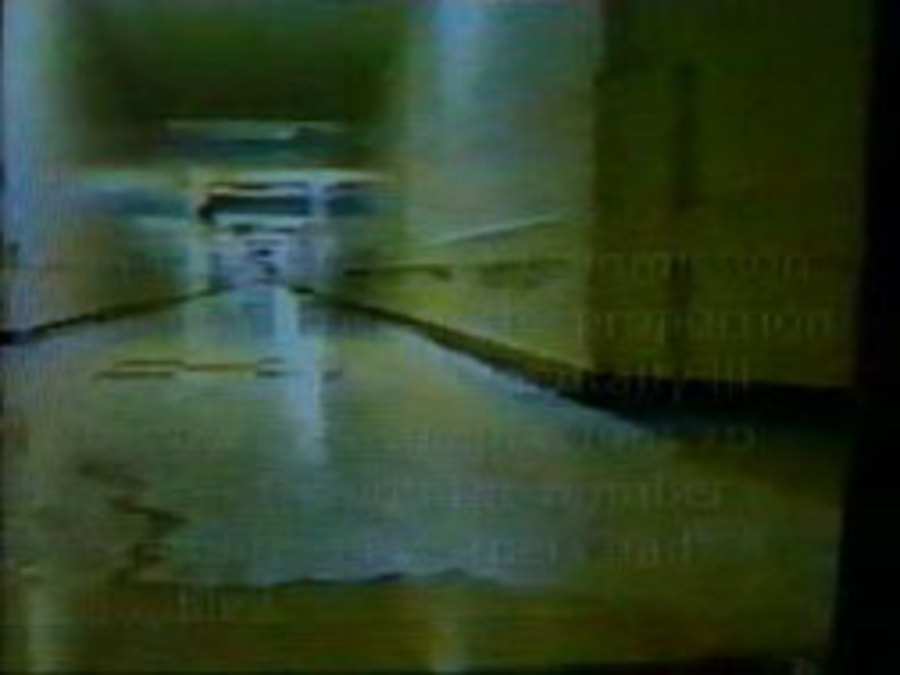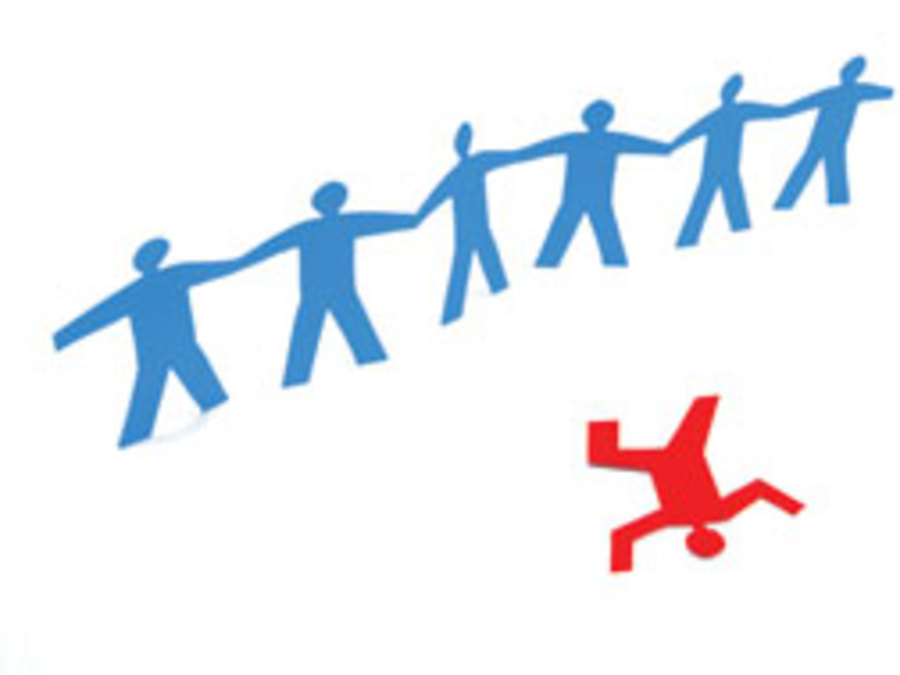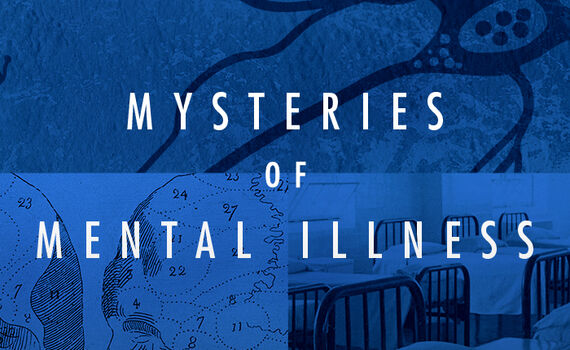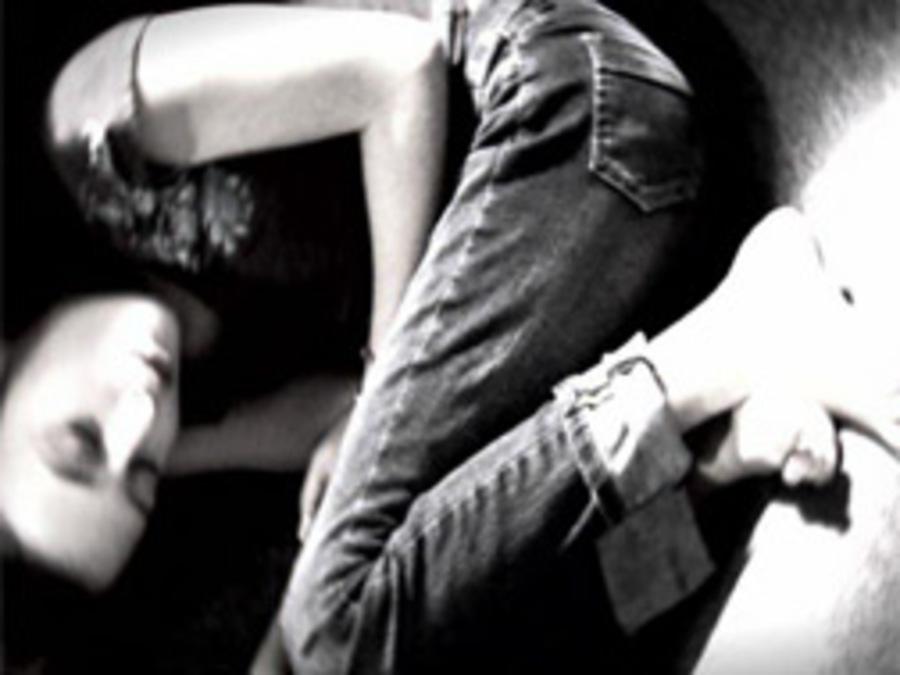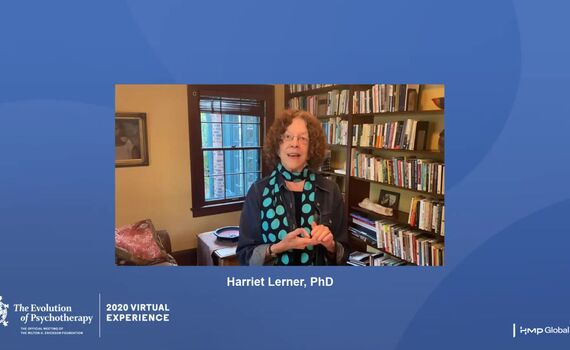HBO: Crazy, Not Insane (01:58:05)
Some content in this video may be objectionable.
A provocative look at the minds of serial killers through the lens of renowned psychiatrist Dorothy Otnow Lewis, who has dedicated her career to the study of murderers and seeking answers to the question of why we kill. Directed and produced by acclaimed filmmaker Alex Gibney (Agents of Chaos, The Inventor: Out for Blood in Silicon Valley), this provocative documentary explores the lifelong attempts of Dr. Dorothy Otnow Lewis – an esteemed psychiatrist who has studied several of the most notorious serial killers, including Ted Bundy, Arthur Shawcross, and Joel Rifkin – to look beyond the grisly details of homicides and into the hearts and minds of the killers themselves. Using an eclectic mix of cinema verité, videotapes of psychiatric evaluations, hand-drawn animation, and home movies to uncover the complexities of the human mind, Crazy, Not Insane also exposes the legal system’s conflict with the world of medical science in defining grave mental illness and how Dr. Lewis’ insights and forensic skills helped change the laws and the approach of death penalty lawyers. With Emmy®- and Oscar®-winning actress Laura Dern (HBO’s Big Little Lies) providing Dr. Lewis’ literary voice, the film ultimately spotlights a woman of limitless curiosity willing to reach inside the deep, dark, and complex places of the brain that countless others before her have been otherwise unable.
![]() Try these videos to get started. Must be on campus or login with your COM account for off campus access.
Try these videos to get started. Must be on campus or login with your COM account for off campus access.